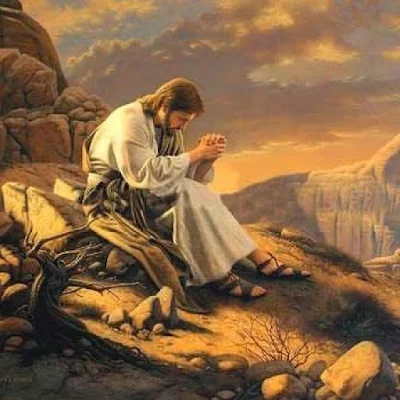Luke 12:32-48
Dear Friends, When people come to worship on Sunday they always share with varying degrees of intensity the burden of the human condition. This means real problems and concerns. Sometimes the issues are more urgent than others. Nevertheless, the problems are always there. They are always real.
Most worshippers have a plan for what is necessary for them and their loved ones to be happy. They eventually recognize that they need God’s help to implement their plan. They believe with God’s cooperation they can wipe out the tensions and difficulties. Therefore, they come to pray for deliverance. A major part of their prayer is asking God to buy into their plan.
On the other hand, God also has a plan. God wants us to change. God wants us to share in his love for all creation and especially our brothers and sisters in all their human flaws. God wants us to know we are loved beyond our wildest dreams. God wants us to embrace that love and share it especially with the most marginalized and forgotten.
In today’s gospel passage there are eight references to Jesus “returning or “coming”. Everything about our Christian calling urges us to be ready. Our expectations need to be clear. The Lord is coming. We need to be vigilant. We need to have our act together. Today’s message is that God judges us both now and later. We are being judged in how we are treating our neighbor. We are being judged how we are using the gift of God’s creation and our personal time, talent and treasure. We need to know how we live and use our goods have consequences.
In the Gospel today, Luke has the seemingly harsh and unrealistic plea for us to sell our goods and give alms to the poor. This is a theme about property that Luke repeats often in different ways throughout his Gospel.
Luke’s point is to put things in perspective. The perspective is that first of all there is more to life than our immediate security and convenience. Secondly, Luke teaches us that God’s love for us Is our invitation into the Kingdom. This is God’s plan where we will find our real treasure and our real peace. When we understand the wonder and beauty of this gracious gift of God revealed in Jesus and his teaching on the Kingdom, we then are able to put both our worries and possessions in perspective. This is how God wants us to change and to grow. We need to learn that God has a better plan than our plan. The message of the Gospel tells us to see our life and our possessions in light of God’s Kingdom that is taking place now. We share in that Kingdom when we walk with Jesus in love. This love will carry us beyond our mortality to life beyond death
When we put Jesus’ words in this context, they do not seem so harsh and unrealistic.
“Do not be afraid any longer, little flock, for your Father is pleased to give you the Kingdom. Sell your belongings and give alms. Provide money bags for yourselves that do not wear out, an inexhaustible treasure in heaven that no their can reach nor moth destroy.” (Luke 12:32-33)
God has a plan. It is the Kingdom. We are invited to buy in. That is how God wants us to change. That is what it means when we say. “Let go and let God.”
























